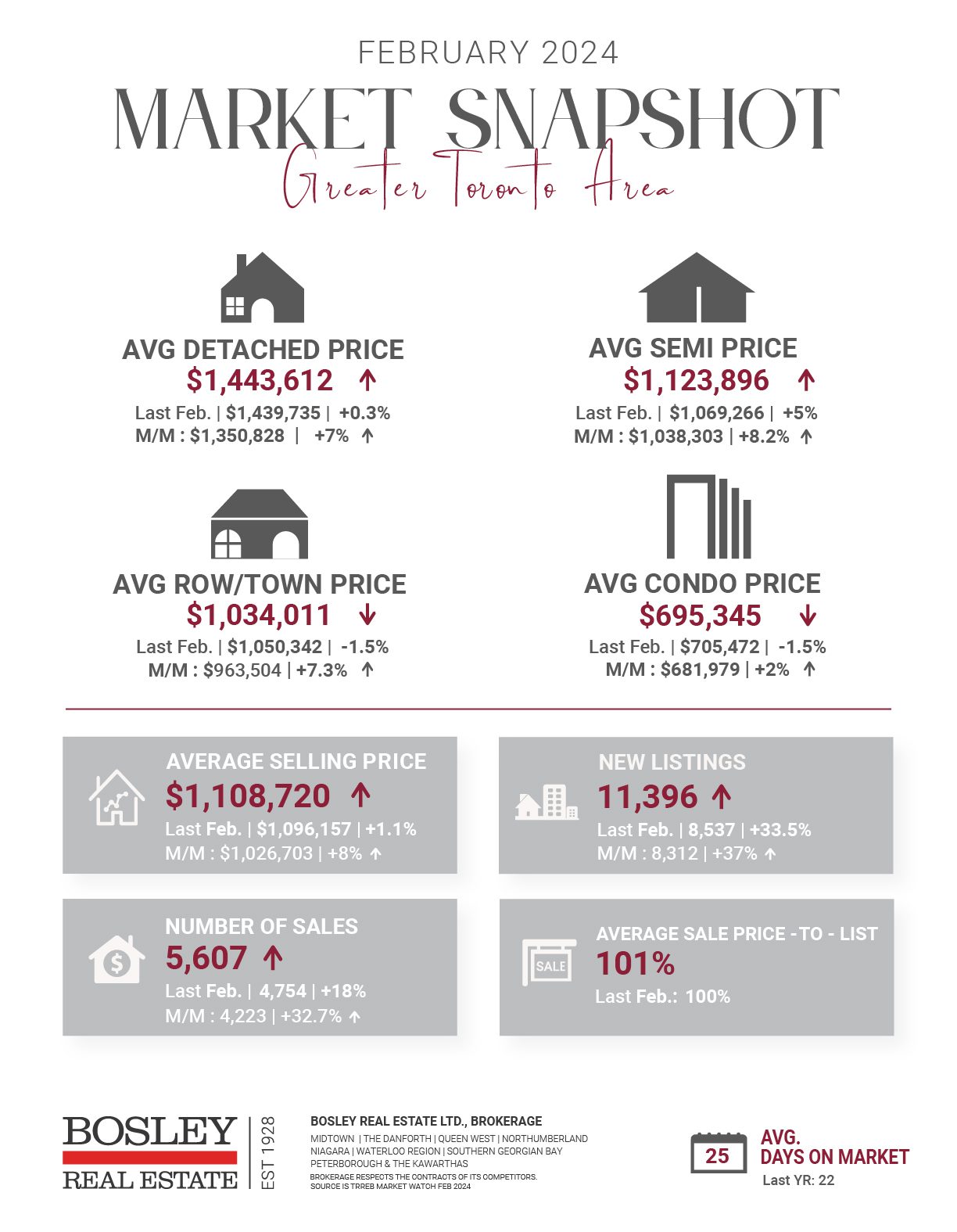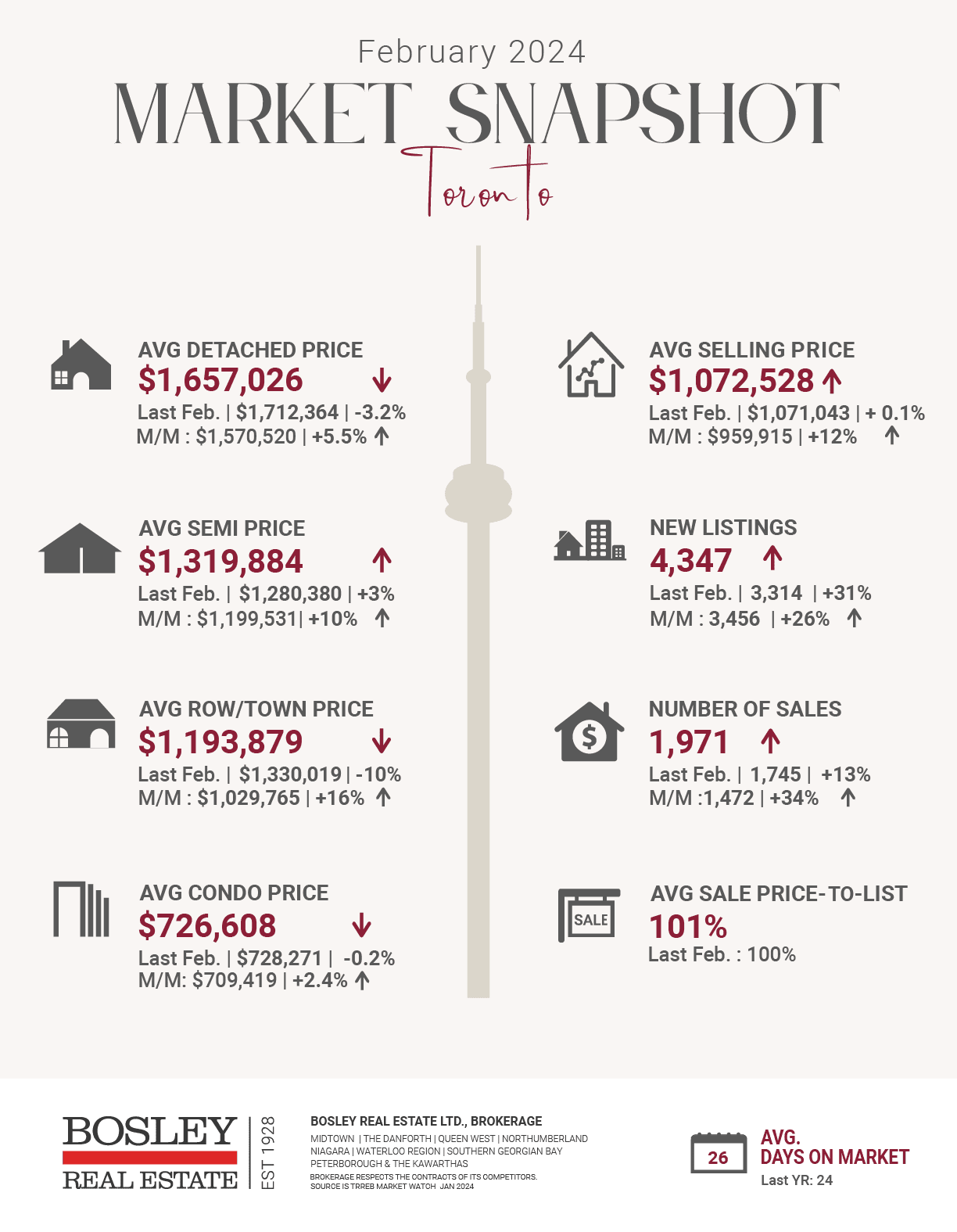


Canada ends the first-time home buyer incentive program.
The Canada Mortgage and Housing Corporation (CMHC) has officially terminated the First-Time Home Buyer Incentive program. The cutoff for new or revised applications is set for March 21st, 2024.
The program aimed to help first-time home buyers boost their down payment amount with an interest-free loan—either 5% or 10%, depending on the property’s market value. While the interest-free loan sounded like a benefit to cash-strapped home buyers, the incentive was actually a shared-equity mortgage, meaning the federal government shared in the appreciation of the home (up to a maximum of 8%) until either the house was sold or after 25 years, whichever came first.
Critics of the program said that the qualifying income was too low ($150,000 in Toronto, Vancouver and Victoria, B.C., $120,000 in the rest of Canada), as were the mortgage caps (four or 4.5 times the qualifying household income), meaning the total borrowing amount was either $480,000 or $675,000, depending on your location.
What’s more, home buyers were reportedly cautious about the government having a stake in their home and didn’t like the unpredictability of how much they may need to pay back due to the shared appreciation. While the program might have looked good on paper, the qualifying thresholds did little to help home buyers in Canada’s most expensive housing markets.
The first-time home buyer incentive was launched in 2019 with a $1.25 billion commitment; at the end of 2022, CMHC had committed only $329 million.
In B.C. there were a total of 859 applicants, in Ontario there are 1,425, Atlantic Canada has 2,298 approvals, the Prairies have 3,340, Quebec at 7,105, and Alberta has the most at 7,800.
Here are some alternatives to the First-Time Home Buyer Incentive:
RRSP Home Buyers Plan (HBP): This program allows you to withdraw up to $35,000 tax-free from your RRSP for a down payment towards a new or resale home. The funds need to be repaid to your RRSP within 15 years, with repayments starting two years after the initial withdrawal. Otherwise, that scheduled repayment will be considered taxable income for that tax year.
First Home Savings Account (FHSA): Introduced in April 2023, is a registered plan that helps first-time home buyers save for a down payment. Combining the features of an RRSP and a TSFA, contributions are tax-free (up to the plan’s annual and lifetime caps) and the amount withdrawn is not taxable.
First-Time Home Buyers’ Tax Credit (HBTC): While not an alternative, the HBTC helps make home ownership more affordable by offering a maximum $1,500 tax rebate to help cover closing costs and legal expenses.
Here are the top 5 trending stories of the week:
- “A Resurgence”: Sales And Listings Both Up In Latest GTA Housing Data | “CIBC World Markets deputy chief economist Benjamin Tal believes major global economies are slowing down, but told the audience at the Feb. 27 CBRE Canadian Market Outlook in Toronto he thinks that’s a good thing for the Bank of Canada.”
- Canadian real estate market sees doubling of home prices over past decade | ” Canada’s real estate market has seen much change over the last 10 years, thanks to interest rate changes, economic fluctuations, immigration increases, the impact of a global pandemic and more.”
- These ‘property protectors’ want to occupy Toronto homes so owners can dodge taxes | “Say you want to buy a home in Toronto and have a budget of $600,000. You also want three bathrooms. At the end of January, 236 homes for sale fit that description on realtor.ca. Settle for two bathrooms and your options triple: 724 possible matches. And if you can get by with one, your options would double again to 1,565, or nearly five times the original number of potential homes.”
- Bank of Canada holds key interest rate at 5% again, saying it’s still too soon for rate cuts | The Bank of Canada has held its key interest rate at five per cent again, saying that it’s still too soon to consider rate cuts while underlying inflation persists.
- Here’s how home prices versus living costs in Toronto compare to other Canadian cities | “In recent years, affordability in Toronto has been on a noticeable decline, with everything from rent prices to grocery bills and mortgage payments seeing a dramatic hike, forcing some city dwellers to consider relocating.”

The Bosley Advantage
Read about the heritage and innovation that form the foundation for Bosley’s industry-leading approach to real estate.






